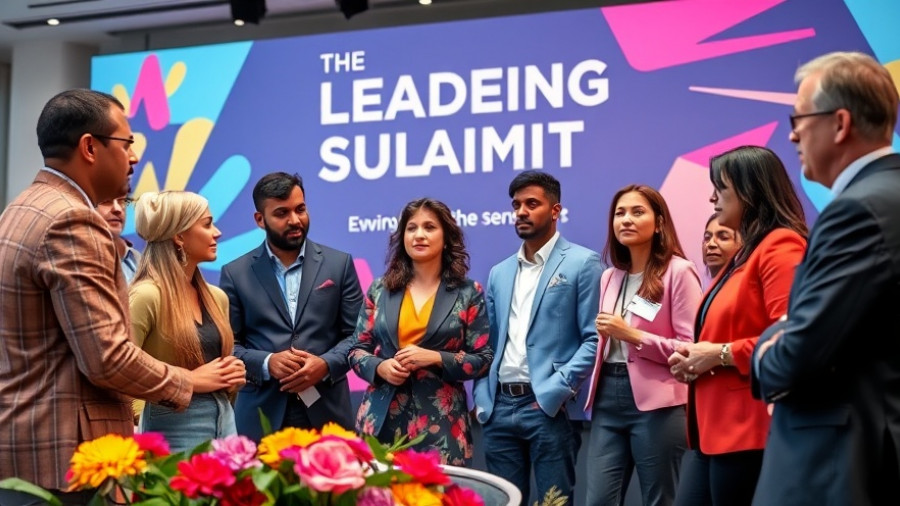
The Power of Human-Centered Leadership
The recent Women Create Wealth Summit (#WCW2025) in Johannesburg showcased a pivotal conversation between Theo Sowa, CEO of the Graça Machel Trust, and Reeta Roy, President and CEO of the Mastercard Foundation. Their discussion centered on "Value-Based Leadership," underscoring the importance of collaboration and humility in effective leadership, particularly for women navigating Africa's economic landscape.
Lessons from Experienced Leaders
Sowa drew attention to the invaluable role of mentorship, noting how influential leaders like Wangarĩ Maathai and Graça Machel had imparted lessons of value-driven leadership. He emphasized that leadership transcends titles; it is about actions and the principles guiding those actions. This philosophy resonates strongly within a society that often de-emphasizes positional power in favor of collective impact.
Women Leading Economic Change
Roy highlighted that growth is inherently collective, stating, "Growth or undertaking any kind of major goal is not a solo act. It's the work of many people and part of that journey is bringing people with you." This sentiment echoes the findings in recent reports showcasing how women's increased participation in workforce leadership and entrepreneurship aids in bridging the wealth gap in Africa. For instance, women are increasingly taking charge of financial decisions, fostering a new era of economic empowerment.
A Catalyst for Future Generations
The summit's themes of advocacy, action, and celebration forge a blueprint for a resilient future. Sowa and Roy's dialogue inspires a new generation of leaders to adopt a human-centered approach, one focused not merely on profit margins but on fostering inclusive networks and equitable policies that propel women toward leadership roles. This initiative aligns perfectly with emerging trends in global trade and the increasing economic power women wield, particularly in Africa.
The Road Ahead: Opportunities and Implications
As women continue to redefine leadership roles, it’s crucial to address systemic barriers that remain. Initiatives that promote access to resources and mentorship can cement lasting change. The partnership between organizations like GMT and the Mastercard Foundation signifies a strategic approach to supporting women business owners, thereby enhancing Africa’s role in the global economy. The ripple effects of such collaborations can lead to sustainable development and a fortified economic presence in international markets.
In closing, the Women Create Wealth Summit reaffirms that as women leading social and economic change, our responsibilities extend beyond our individual pursuits. Together, we create a path for future leaders, ensuring their journeys are supported by a community grounded in shared values and collaborative efforts.
 Add Row
Add Row  Add
Add 


Write A Comment